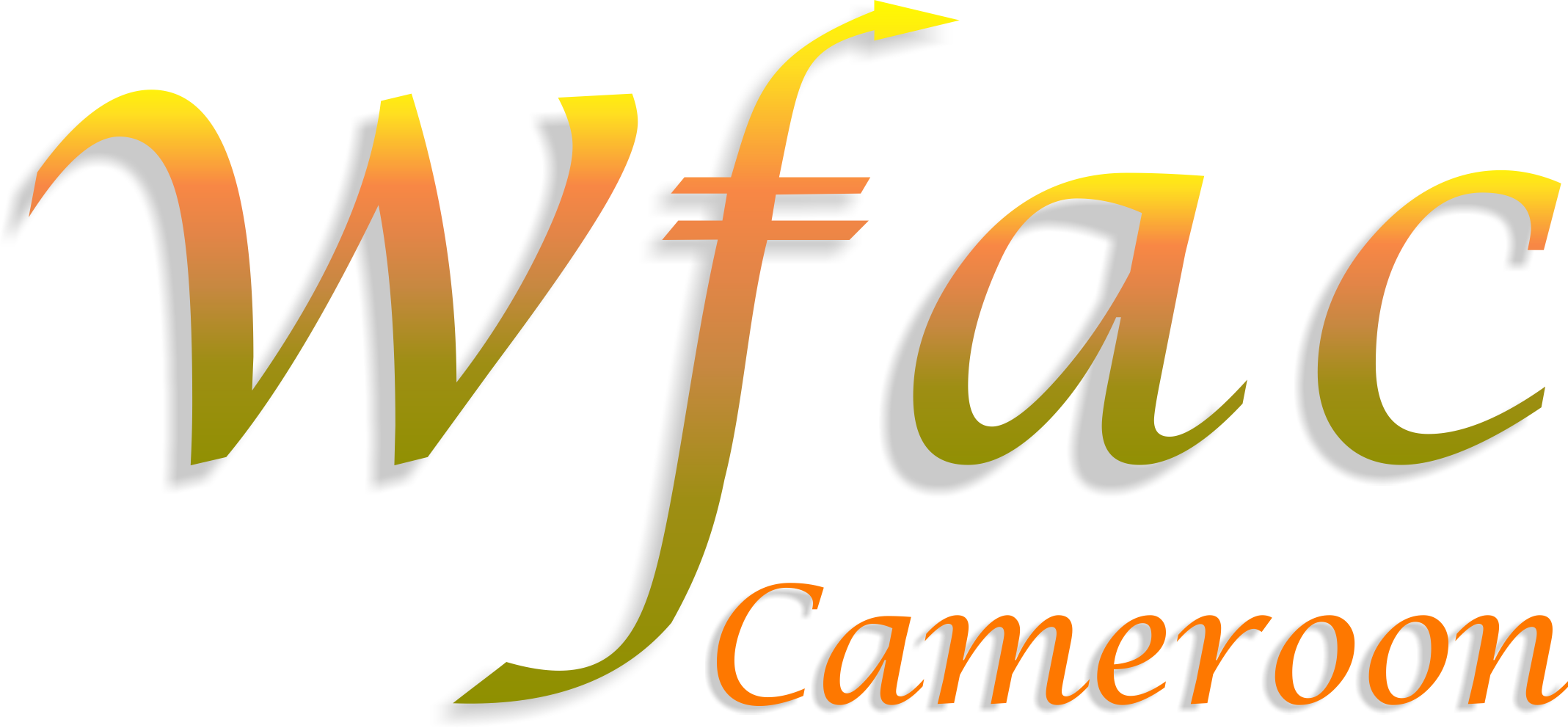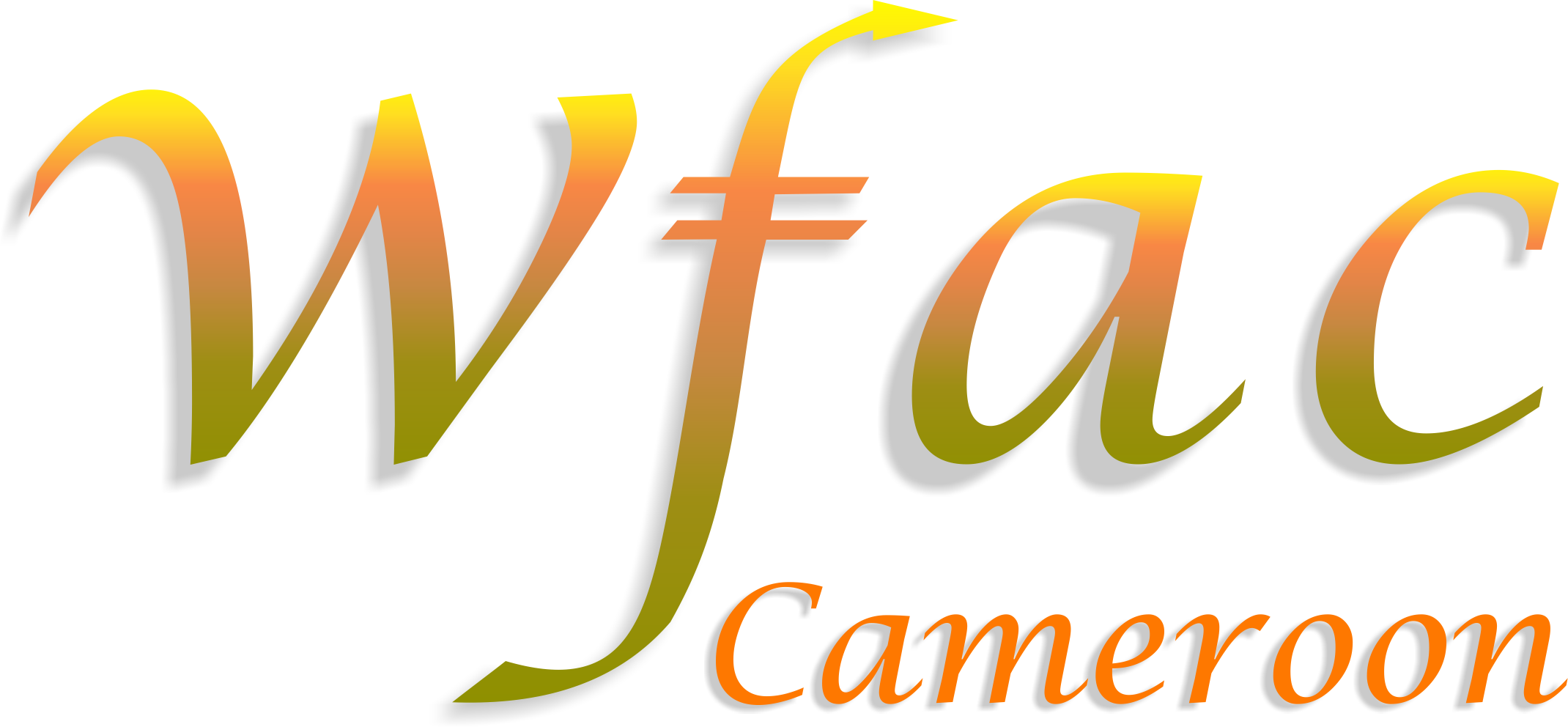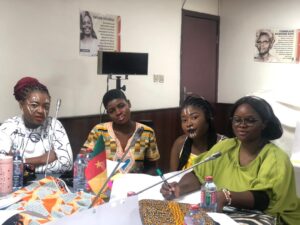
“After being denied the US visa to attend the CSW67 in NY, I told myself that whether I go to New York or Not, I’ll eventually Take part at the UN CSW” Sandra Enih, MIFALI Movement actor
In March 2023, Women for a Change registered an eight-person delegation to attend the UN CSW67 at the UN Headquarters in New York City, USA. Among the delegates were adolescent girls from the MIFALI movement who got denied the US visa simply because – they were “so young”, in the words of the US visa consular.
For decades now, the US Embassies especially those operating in the global south through their biased visa regulations continue to impede on the meaningful participations of marginalised and vulnerable groups of persons including unmarried women, girls, and young people and women, invited to attend UN meetings including the annual UN Women Commission on the Status of Women (CSW). Thus, impeding on their rights to communicate with the United Nations without restriction.
The United Nations has an agreement with the United States as host government to expedite the participation of all UN invited delegates either to attend an event at the UN headquarters in New York or transiting through the US to attend a UN event. By denying these delegates travel visas violates the agreement between the UN and US as host government. The Commission on the Status of Women (CSW) on the other hand is the principal intergovernmental UN gathering dedicated for discussions on advancing gender equality, most importantly women and girls’ rights. This is one of the largest global gatherings of women’s rights activists and advocates, usually convened by UN Women. Attending the CSW is therefore paramount for anyone interested in the works of gender equality and justice. To MIFALI actors, this means actively taking part in designing their future and present realities as adolescents and young people. By denying them access to meaningfully engaged and participating in order words is not keeping to the commitment to Leave No One Behind.
Sandra Enih (22), one of the MIFALI actors in her Op-Ed on her experience with the US Embassy writes: In 2020 before the COVID19 lock down, some of us at MIFALI were invited to participate at the pre-CSW64 session which was organised by Women for a Change (Wfac). That same year, 4 MIFALI members were denied US Visa to participate at the CSW simply because of their age. With that disappointment and anger, we began our advocacy which led to the birth of MIFALI. This year again, some of us were denied the US visa and the reason was that “we were too young”. This was not new to us since we have heard those reasons over and over each time our members apply for the US visas. After being denied the visa, I told myself that whether I go to New York or Not, I’ll eventually Take part at the UN CSW”.
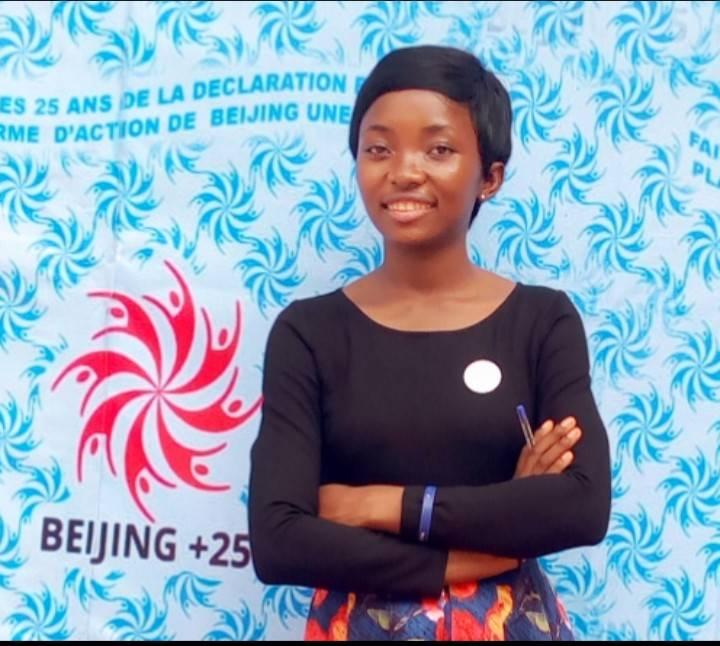
As a coach and mentor to most of these young change makers across the country, while we are saddened by the unfair treatment given to our delegates and the continual denial of visa simply because they are “so young”, we are never discouraged by any of these barriers. We see it as part of the struggle and inequalities that needs to be addressed. And just like Wfac, these multiple layers of barriers don’t in any way dimple the zeal and interest of these young people we work with. With the use of digital technology, some were able to participate at a distance though virtual participation equally has its own limitations.
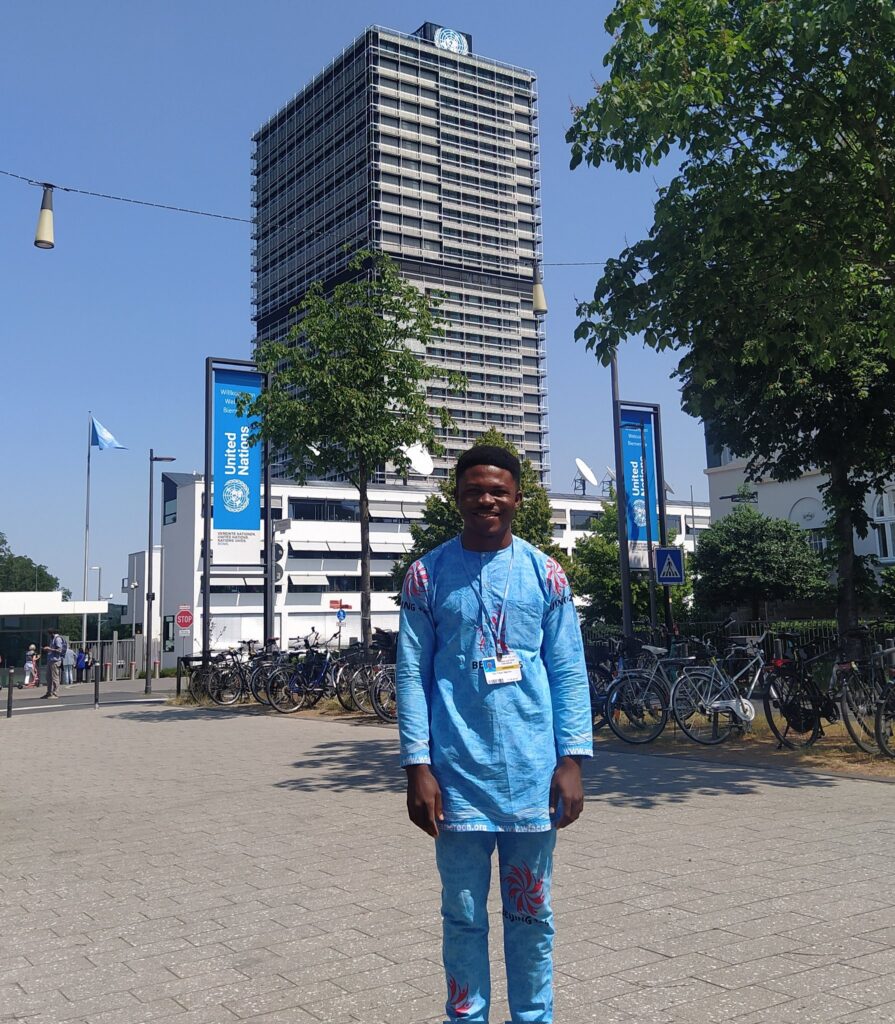
19-year-old Hilux Fokou shares that “As a young person, accessing spaces like the CSW67 comes with so many barriers. Yet I am happy that I took part in this year’s CSW even though the experience was not the same as in person since we were constantly interrupted with internet and electricity failure. With all that, I am happy I managed to speak at a side event organised by Women for a Change”.
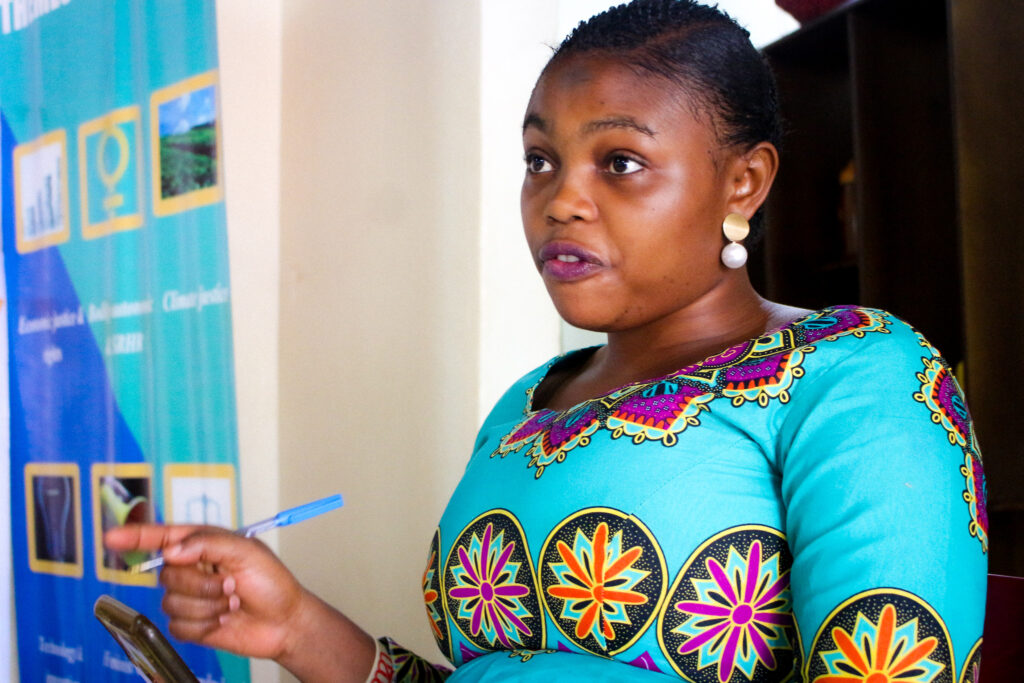
Mercy Njilli (22) shares that: “On the same day of rejection I started making preparations for a watch party.The disappointment of not getting a visa to New York wasn’t a hindrance, however, an opportunity and inspiration to further engage many young people and girls like me to participate in this year’s CSW 67 whose theme is on technology and innovation which is important theme especially as lots of young people nowadays rely on technology for empowerment”.
“In conclusion, I didn’t only organise a watch party, introducing CSW to adolescent girls and young people within my constituencies, but I also had the opportunity to make interventions at CSW67 from Cameroon, spoke at parallel events and co-facilitated sessions including webinars meetings. I even joined in the preparations process together with NGOCSW. While I was not physically present, at least it didn’t stop me from making inputs and contributing to the greater outcomes” she adds.
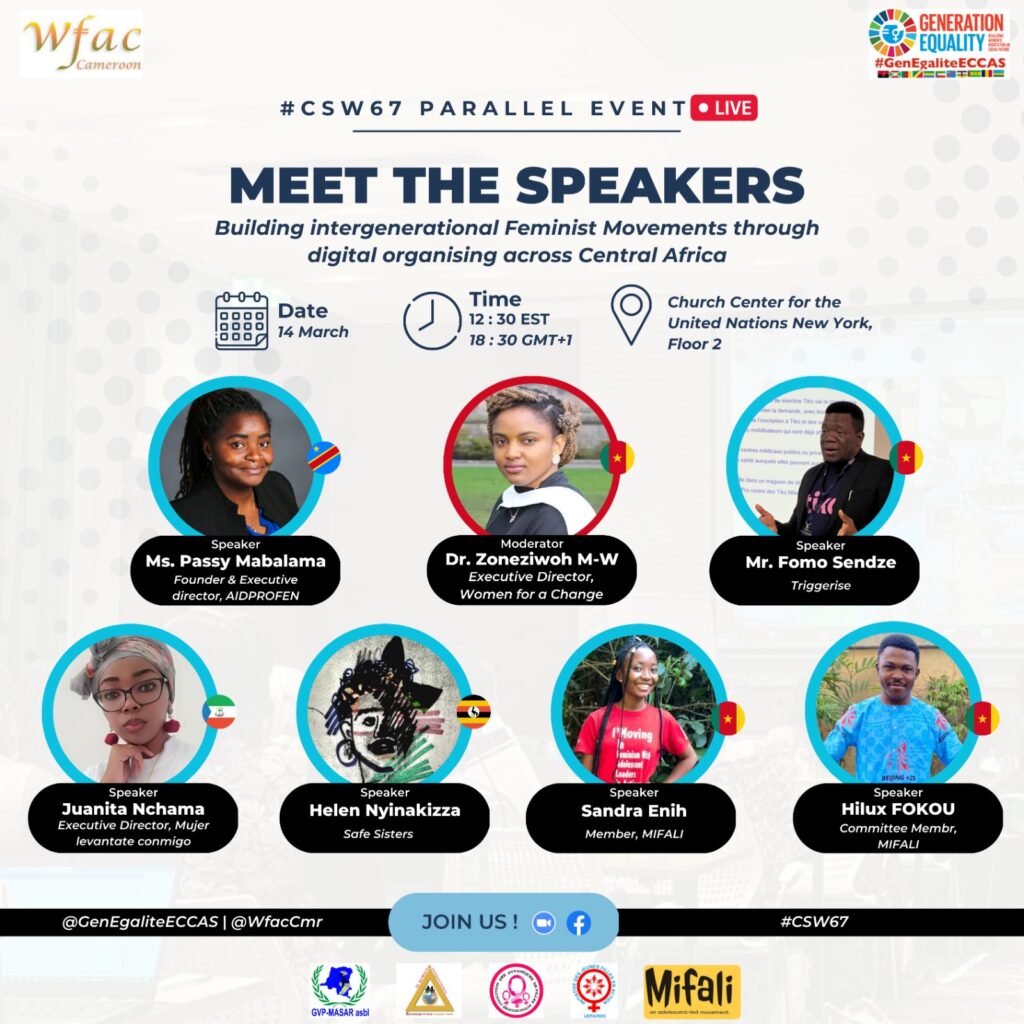
As a subregional feminist advocacy and awareness raising organization working with and for grassroots women and girls sexual and reproductive health, leadership, and development within the context of climate justice and environmental sustainability across the central Africa subregion. Over the past decade, Wfac has committed in building and coaching intergenerational feminist movements including facilitating their meaningful participations in strategic policy spaces including at the African Union and United Nations such as the Commission on the Status of Women (CSW), UNFCCC Climate Conference, Commission on Population and Development (CPD).
